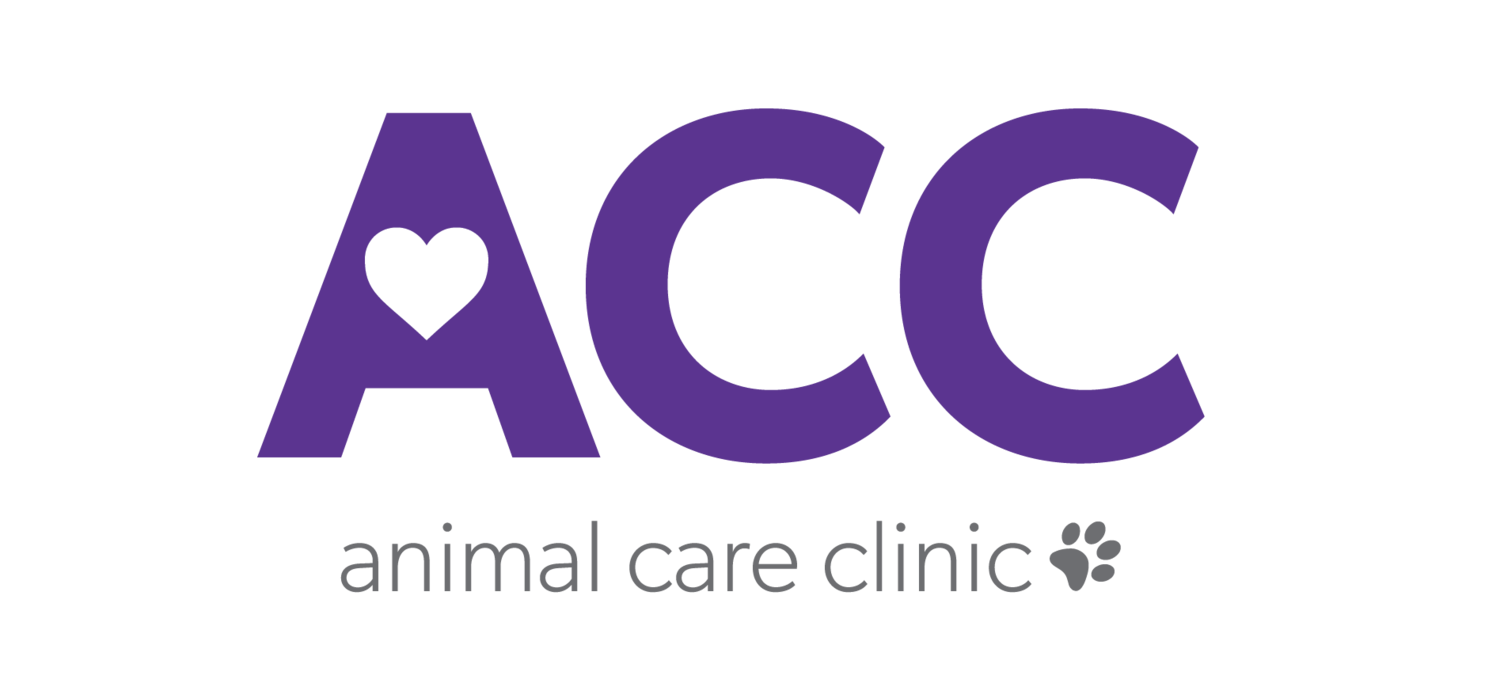According to the Pet Poison Helpline, thousands of pets suffer from accidental poisoning every year. Unfortunately, our pets can get themselves into trouble with things we can’t even imagine. To keep your furry family member safe, you must keep track of toxic household items by keeping them safe and locked away.
Pets are excellent at hiding their pain, so you need to pay close attention to see if you notice anything unusual. Ingesting poisonous substances can result in various symptoms such as nausea, vomiting, internal bleeding, kidney failure, liver failure, etc. Toxic substances can be found just about everywhere in a home, including kitchens, bathrooms, living rooms, garages, utility rooms, yards, and gardens.
In honor of Poison Prevention Week, we are sharing 10 substances that are poisonous to pets.
Chocolate: Everyone loves chocolate, but this is the number one item that pets should not eat. The toxicity level of chocolate depends on the type of chocolate eaten. Milk or white chocolates are incredibly toxic to pets due to the volume of theobromine and caffeine it contains. Unfortunately, if the pet has ingested chocolate, it can take up to 12 hours for you to notice anything unusual.
Table salt: Consumption of table salt causes sodium poisoning, also known as hypernatremia. This results in an increase in the sodium concentration in the blood. Common symptoms of hypernatremia include diarrhea, tremors, difficulty in walking, increased thirst, etc. Always make sure that table salt is out of the reach of pets.
Batteries: As you know, Batteries come in various shapes and sizes, depending on how they are used. Batteries can cause corrosive injury or death in pets. Some batteries contain heavy metals and acid, which can prove to be highly toxic if ingested. When batteries are consumed fully or partially, it can also result in foreign body obstruction. You should handle batteries with care, and should be disposed of properly when they are no longer in use.
Cleaning supplies: Cleaning supplies should always be tightly closed and kept out of pets' reach. These items contain a wide range of ingredients that determine the toxicity potentials. If cleaning supplies are consumed in concentrated forms, it can prove to be fatal. Keep the supplies and containers locked away so they cannot be knocked over or ingested by your furry friends.
Breath Mints: Let’s face it, without proper dental care, your pet’s breath can be outright gross at times. You might be tempted to feel like tossing him a breath mint, but know that the sweetener Xylitol can prove to be very harmful to pets if eaten.
Grapes/raisins: Ever thought fruits can be harmful? They are for your pets. Grapes and raisins can cause acute kidney failure in dogs. However, there is no specified dose for these fruits, so ingestion should be avoided totally. Common symptoms include weakness, decreased urine, vomiting, diarrhea, lethargy, and lack of appetite.
Dryer Sheets: Yes, the thin sheets you throw into the dryer along with your wet laundry could be harmful. The fact is, these sheets are coated with chemicals that are harmful to your pet if ingested. Pets may like the fresh smell of the laundry sheets and may try to eat them. However, ingesting these chemicals could cause significant signs like drooling, vomiting, oral and esophageal ulcers, and fever.
Caffeine: Ingesting things like coffee or tea can result in caffeine poisoning, resulting in panting, weakness, restlessness, hyperactivity, vomiting, tachycardia (increased heart rate), diarrhea etc.
Onions/garlic/chives/leeks/shallots: Usually found in every kitchen, if these foods are consumed in significant quantities, it can cause oxidative hemolysis, resulting in the destruction of the red blood cells causing anemia. Common symptoms include increased heart rate and breathing rate, abdominal pain, vomiting, lethargy, pale mucous membranes, etc.
Macadamia nuts: This is a common snack for humans, but can be toxic to pets as it contains up to 80% oil and 4% sugar causing risk for pancreatitis (high fat). Symptoms include weakness, difficulty in walking, tremors, increased temperature and joint stiffness.
If you notice any unusual symptoms, consult a vet immediately. You can use our online scheduling tool to book your appointment or call us at 785-762-5631 in case of an emergency.

